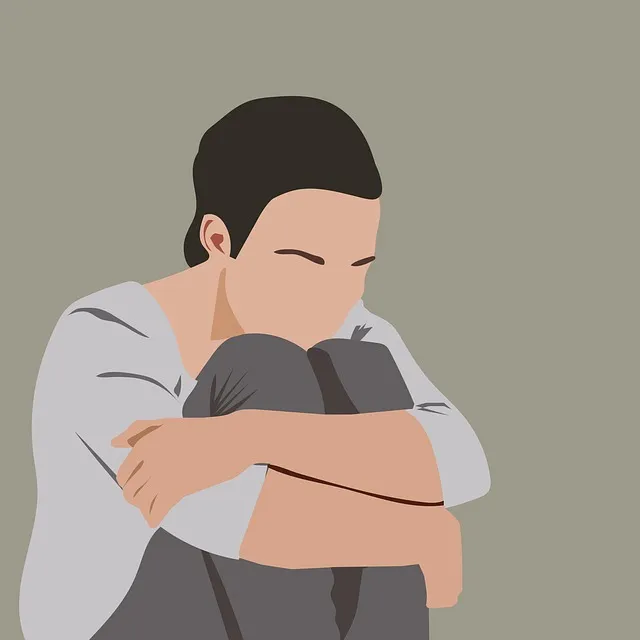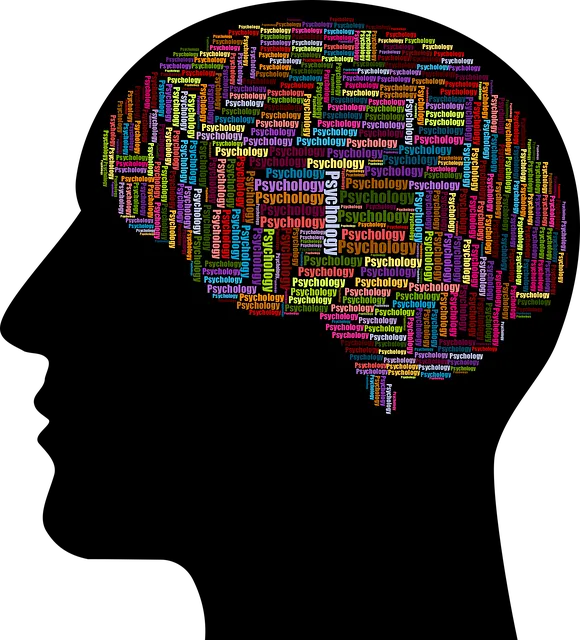Colorado Springs Kaiser Permanente prioritizes social skills training and mental wellness through various initiatives. Their programs, like Stress Management Workshops and Mental Wellness Podcast Series, focus on improving social integration for individuals with mental health conditions, reducing anxiety, depression, and stigma. The organization advocates for policy changes encouraging community support and provides comprehensive training for healthcare providers to offer personalized care. Their holistic Social Skills Training program teaches emotional regulation techniques, enhancing communication, empathy, and conflict resolution skills for better relationships and quality of life within the Colorado Springs community.
Social skills training is a powerful tool for managing mental health conditions. This comprehensive guide explores the intricate link between social interactions and mental wellness, highlighting the valuable role of organizations like Colorado Springs Kaiser Permanente in providing holistic support. We delve into effective training strategies and real-world applications, showcasing how these programs empower individuals with mental health conditions to navigate social situations with confidence. Discover the transformative benefits that can lead to enhanced well-being and improved quality of life.
- Understanding the Link Between Social Skills and Mental Health
- The Role of Colorado Springs Kaiser Permanente in Mental Health Support
- Strategies for Effective Social Skills Training
- Real-World Applications and Benefits for Individuals with Mental Health Conditions
Understanding the Link Between Social Skills and Mental Health

In the context of Colorado Springs Kaiser Permanente mental health services, understanding the intricate link between social skills and mental wellness is paramount. Effective communication, empathy, and interpersonal interactions are not just desirable social attributes; they serve as crucial pillars supporting an individual’s mental well-being. Research indicates that individuals struggling with anxiety, depression, or other mental health conditions often exhibit difficulties in social settings, which can exacerbate their symptoms.
The Stress Management Workshops Organization and Mental Wellness Podcast Series Production in Colorado Springs highlight innovative approaches to addressing this gap. By offering interactive workshops and accessible media, these initiatives aim to enhance social skills, promote self-awareness, and foster supportive communities. Moreover, Mental Health Policy Analysis and Advocacy plays a pivotal role in shaping environments that encourage social integration, ensuring individuals with mental health challenges feel empowered and connected within their communities.
The Role of Colorado Springs Kaiser Permanente in Mental Health Support

Colorado Springs Kaiser Permanente stands as a beacon of hope and support for individuals navigating mental health challenges. This healthcare provider has recognized the profound impact of social skills training on mental wellness, leading them to develop comprehensive programs tailored to this end. Their approach integrates public awareness campaigns that destigmatize mental illness, fostering an environment where individuals feel empowered to seek help.
Beyond raising public awareness, Kaiser Permanente offers Crisis Intervention Guidance, ensuring prompt and effective support during acute episodes. Furthermore, they prioritize Healthcare Provider Cultural Competency Training, equipping staff with the knowledge and sensitivity to address the unique needs of diverse patient populations. This multifaceted strategy reflects their commitment to holistic mental health care.
Strategies for Effective Social Skills Training

Social Skills Training is a powerful tool for individuals navigating mental health conditions, offering practical strategies to enhance their emotional well-being and overall quality of life in Colorado Springs, Kaiser Permanente mental health services have integrated these programs to provide holistic support. By focusing on specific techniques tailored to each individual’s needs, the training fosters effective communication, empathy, and conflict resolution skills.
One key strategy involves teaching Emotional Regulation Techniques, helping individuals manage their emotions in social settings. This includes practicing mindfulness meditation, a powerful tool for calming the mind and body, enhancing self-awareness, and promoting emotional balance. Through role-playing exercises and group discussions, participants learn to recognize triggers, develop coping mechanisms, and build resilience, all of which contribute to improved interactions and relationships.
Real-World Applications and Benefits for Individuals with Mental Health Conditions

In real-world settings, social skills training offers immense benefits to individuals living with mental health conditions, such as those managed by Colorado Springs Kaiser Permanente mental health services. By learning effective communication strategies and interpersonal techniques, people can navigate social situations more confidently. This improved social functionality contributes to better overall well-being, fostering deeper connections and enhancing support networks.
The integration of stress reduction methods, compassion cultivation practices, and confidence-boosting exercises within these training programs enables participants to manage their mental health proactively. These skills not only facilitate healthier relationships but also empower individuals to advocate for themselves in various social contexts. Through real-world applications, they gain the resilience needed to cope with challenges, reducing the impact of stigma and promoting a greater sense of belonging and self-worth.
Social skills training is a powerful tool in the supportive care landscape offered by institutions like Colorado Springs Kaiser Permanente, focusing on enhancing interactions and relationships for individuals with mental health conditions. By implementing evidence-based strategies, these programs enable participants to navigate social situations more effectively, fostering better support networks and improved overall well-being. This tailored approach to mental health support recognizes the profound impact of social connections, offering a holistic path to recovery and enhanced quality of life.
